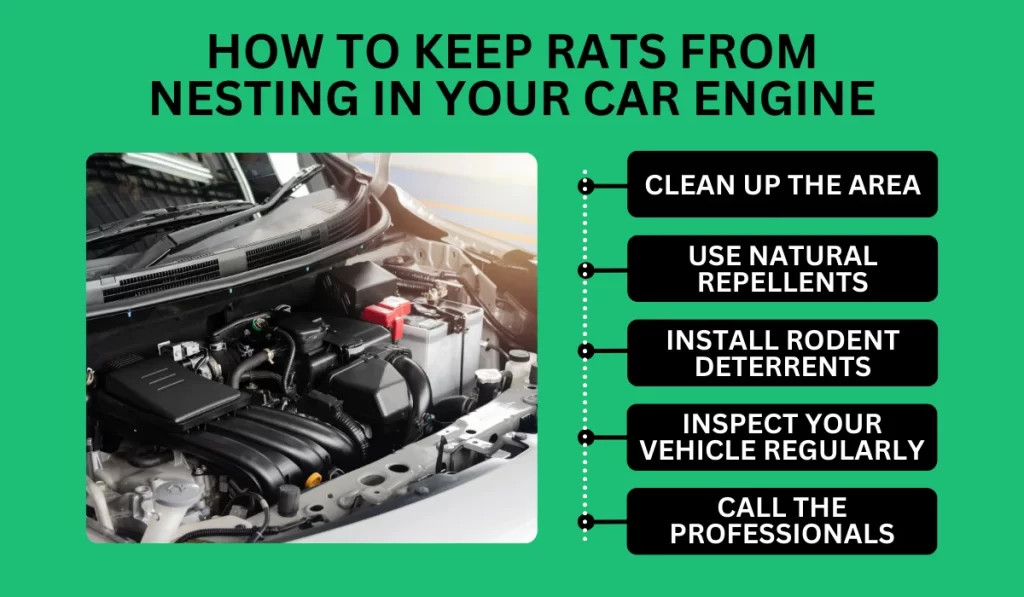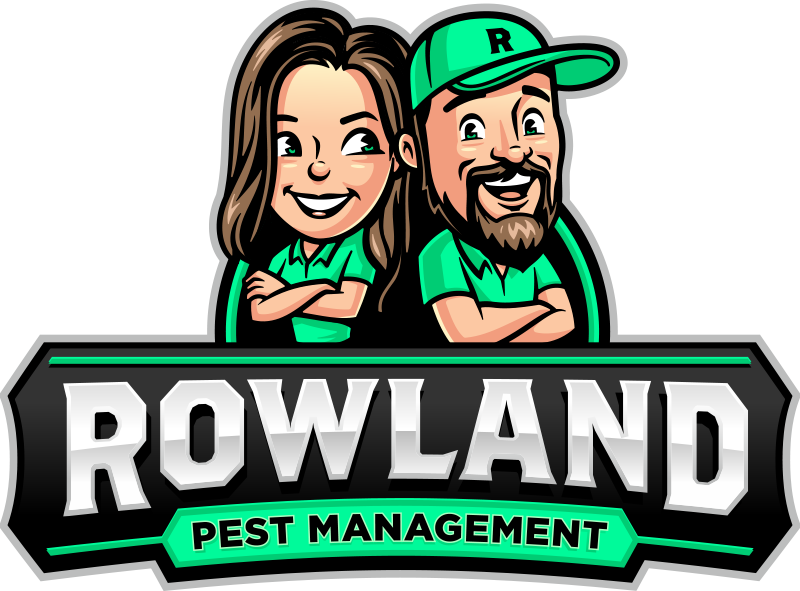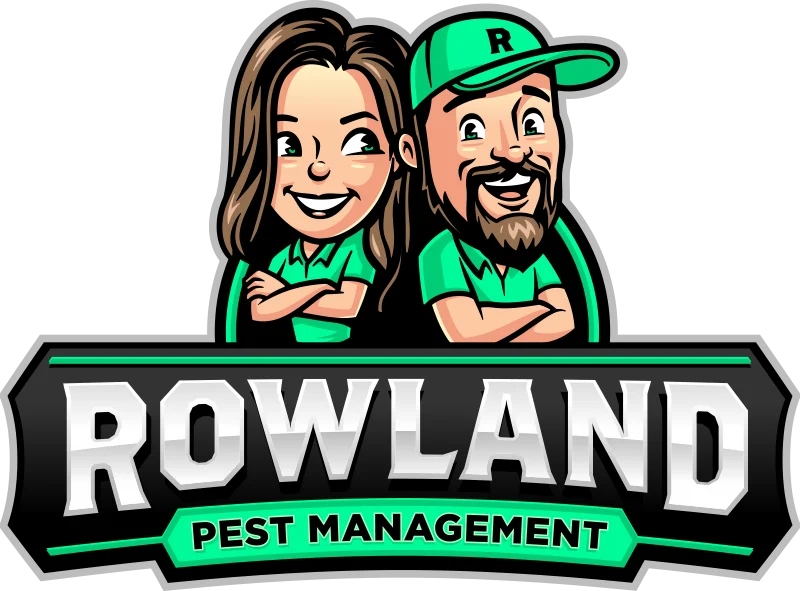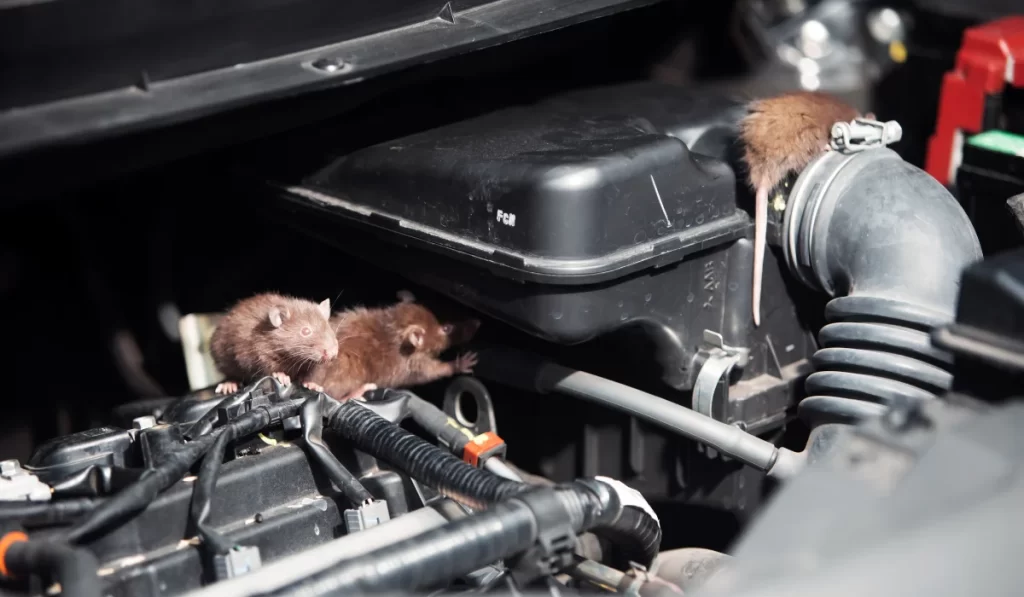Rats nesting in your car’s engine bay can lead to costly damage, from chewed wiring harnesses to clogged components. In Casselberry, the warm climate provides an ideal environment for these critters.
Here’s how to get rid of these rodents and protect your vehicle from an infestation.
Key Takeaways
- Rats often nest in car engines because they provide warmth, shelter, and easy access to nearby food sources.
- A clean parking area and trimmed vegetation around your car make it less attractive to pests like rats.
- Natural repellents, traps, and rodent-repellent tape work well together to keep rats out of your vehicle.
- Calling a professional is your best option if you notice droppings, gnawed wires, or recurring signs of rats.

1. Clean Up the Area
Keeping the area around your vehicle clean is a straightforward but highly effective way to deter pests.
Start by removing potential food sources like pet food, fallen fruit, or crumbs, as these can attract unwanted visitors. Make sure garbage bins are securely sealed to minimize their appeal to pests.
Also, trimming nearby vegetation and clearing debris around parking spaces can eliminate hiding spots, reducing the likelihood of pests settling in the area.
2. Use Natural Repellents
Certain scents and materials can discourage rats from entering your engine compartment:
| Natural Repellents | How to Use |
|---|---|
| Peppermint Oil | Soak cotton balls in peppermint oil and place them under the hood. |
| Dryer Sheets | Spread scented dryer sheets around the engine bay to repel rodents. |
| Mothballs | Position mothballs near your car, but avoid direct contact with the engine to prevent residue buildup. |
Step 3. Install Rodent Deterrents
Adding protective measures can further safeguard your car:
- Rodent-Repellent Tape: Wrap wiring in specially designed tape treated with deterrents.
- Rat Traps: Use snap traps or glue traps around the car’s perimeter to capture nearby pests, and bait them with a small amount of peanut butter to increase effectiveness.
For severe infestations, consider using poison bait in secured, tamper-proof stations. Always ensure these are placed out of reach of pets and children to maintain safety.
4. Inspect Your Vehicle Regularly
When inspecting your vehicle for signs of rats, start under the hood.
Look for rat droppings, shredded paper, or other nesting materials in the engine bay. Check wires, hoses, and insulation for gnaw marks—they love chewing on these and can cause serious damage if left unchecked.
If you spot any of these warning signs, don’t wait—address the issue right away to avoid more extensive problems.
5. Call the Professionals
If DIY methods aren’t enough, a professional exterminator can help. Companies like Rowland Pest Management specialize in rodent control and can provide tailored solutions to protect your vehicle and property.
Protect Your Car’s Engine Now with Professional Rat Control
Keeping rats out of your engine compartment requires vigilance and a combination of strategies. If you’re dealing with an infestation or need expert advice, Rowland Pest Management is here to help.
As a trusted pest control provider in Casselberry, FL, we offer solutions tailored to Central Florida’s unique challenges beyond the basic mouse traps.
Contact us today for peace of mind and a rodent-free vehicle!
Frequently Asked Questions
Got questions about keeping rats out of your car? You’re not alone! Below, we’ve answered some common concerns to help you better understand why rats target vehicles and how to keep them from causing trouble.
Why are some cars more likely to attract rats?
Rats are drawn to cars parked near food sources like birdseed, pet food, or open trash. Vehicles parked in cluttered areas or garages with easy access are also more likely to be targeted, especially if they sit unused for long periods.
Can rats in my car put my health at risk?
Yes, rats can spread harmful diseases through their droppings or urine. Cleaning up after an infestation without proper precautions could expose you to these health risks. Always wear gloves and a mask when handling contaminated areas.
How do I make sure rats don’t come back?
Keeping the area around your car clean, sealing entry points in your garage, and using deterrents like ultrasonic devices can help. Regularly check your car for droppings or damage to catch a problem before it escalates.


